Most of us have done it. Some of us love it. Others find it awkward or even repulsive. But this intimate behavior remains one of the most puzzling human actions. But why do we kiss in the first place? And what exactly happens in our brains and bodies when we do it? Scientists have been fascinated by these questions for decades. Recent research is finally giving us some answers, examining everything from our evolutionary past to the exact neurochemical reactions that happen when lips meet each other.
Your Brain’s 10-Second Chemical Rush
Within seconds of contact, the brain releases a powerful mix of chemicals. Dopamine floods the brain’s reward centers, creating the same good feeling you get from eating chocolate. Oxytocin quickly follows, activating feelings of attachment and trust. Serotonin levels shift, which explains why you might find yourself obsessing over this person later. The stress hormone cortisol drops, leaving you relaxed and euphoric. The mix is so powerful that experts describe it as “a reinforcing action” that affects “the brain in the same way as addictive drugs,” making you crave this specific person.
Read More: Why Do Married Couples in Japan Sleep Separately?
Heart Rate 100+ BPM and 5 Hidden Changes
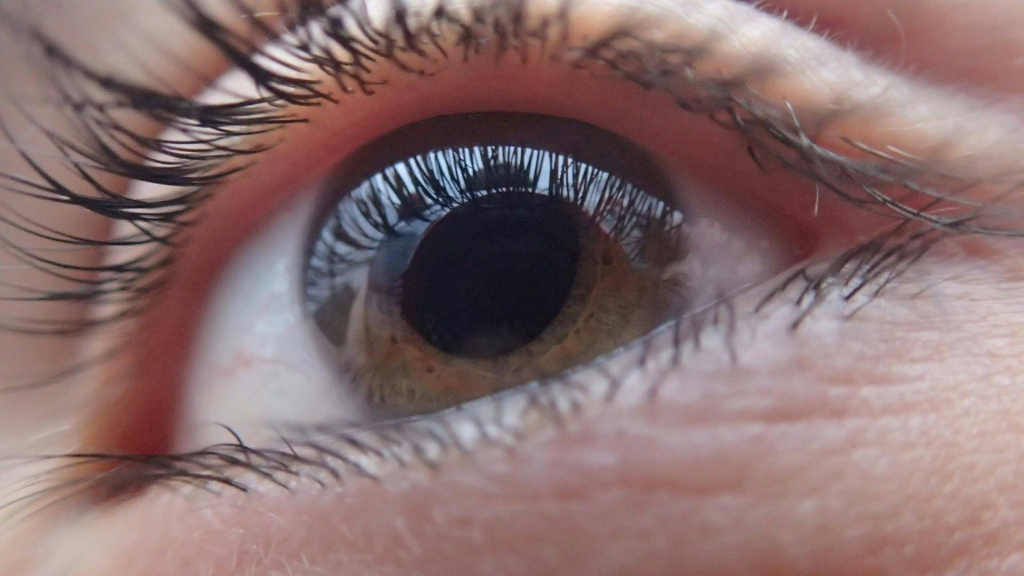
When you kiss, the body responds in ways you probably don’t notice. The heart jumps from 70 to over 100 beats per minute, while blood vessels widen, creating a warm, flushed feeling. At the same time, blood pressure rises temporarily. Pupils widen, and body temperature rises by one to two degrees. It takes an impressive 34 facial muscles to coordinate to create the perfect lip movement. These physical changes happen automatically, turning a moment into a full-body experience that the nervous system controls without conscious effort.
66% of Women End Things After One Bad Smooch

But why do we place so much weight on kissing when choosing partners? That first encounter might decide the entire relationship. Studies find that 59% of men and 66% of women lose interest after a bad first experience, even if everything else seemed perfect before. People skilled at this intimate act are seen as more attractive, and couples who do it often report happier relationships.
Read More: How Lack of Sex Can Negatively Affect Men’s Bodies: Experts Weigh In
Your Body’s Hidden Compatibility Signals

Saliva transfers testosterone between partners, boosting arousal, while chemical signals called pheromones reveal genetic compatibility. Even bad breath serves a purpose, pushing you away from partners with similar genes. This intimate contact creates these effects because it involves “a complicated exchange of information” that helps you unconsciously determine genetic compatibility.
It Boosts Immunity and Burns Calories
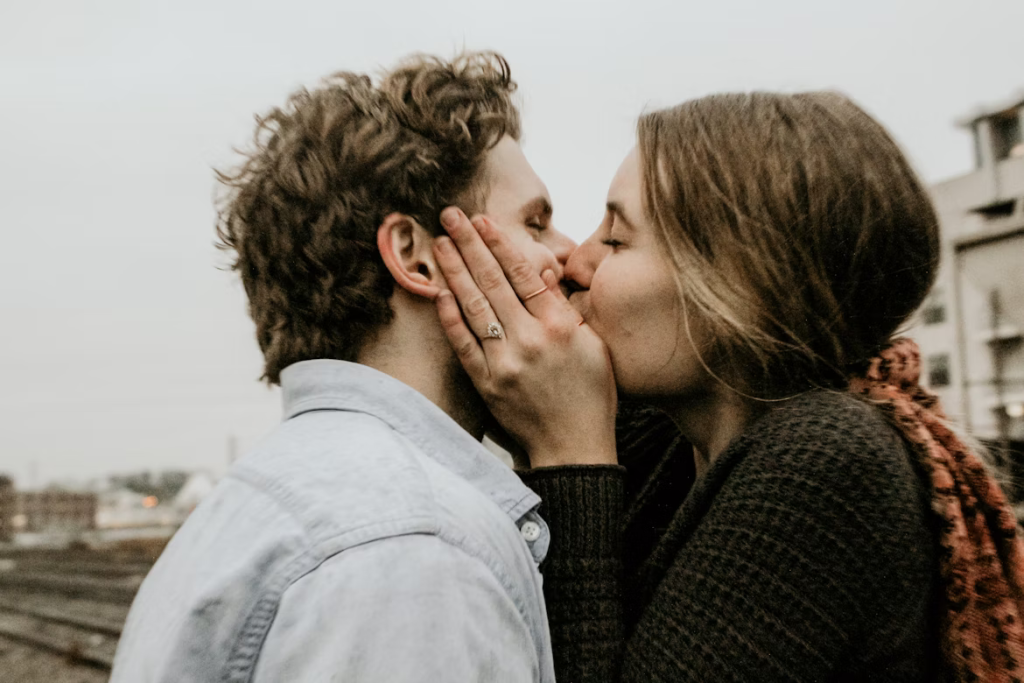
Each smooch exchanges up to 80 million bacteria, which sounds disgusting. But the immune system benefits from this exchange, getting stronger as it encounters new germs. Meanwhile, saliva also carries natural painkillers and stress-fighting chemicals. People who do it regularly often have lower cholesterol and fewer allergies. Also, you’re burning 2 to 3 calories per minute while doing it.
Read More: Is This Controversial Behavior Actually Cheating? Opinions Split
500+ Bacteria in Every Exchange
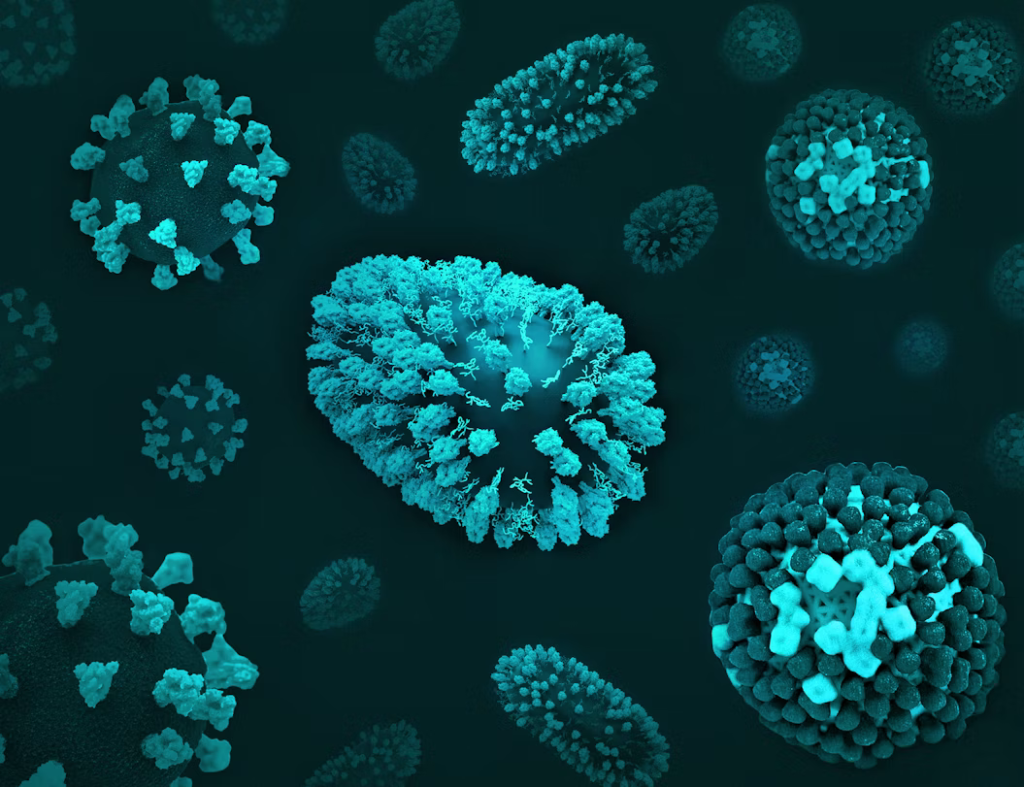
While kissing, you can transmit more than 500 different types of viruses and bacteria. Mononucleosis, often called the “kissing disease,” spreads mainly through exchanging spit. Cold sores, flu, and other common infections also pass easily from mouth to mouth. More serious conditions can be transmitted too, including meningitis, which causes brain inflammation, and hepatitis B, a liver infection. For most healthy people, though, the benefits far outweigh these risks.
Did It Start with Bird-Like Feeding?
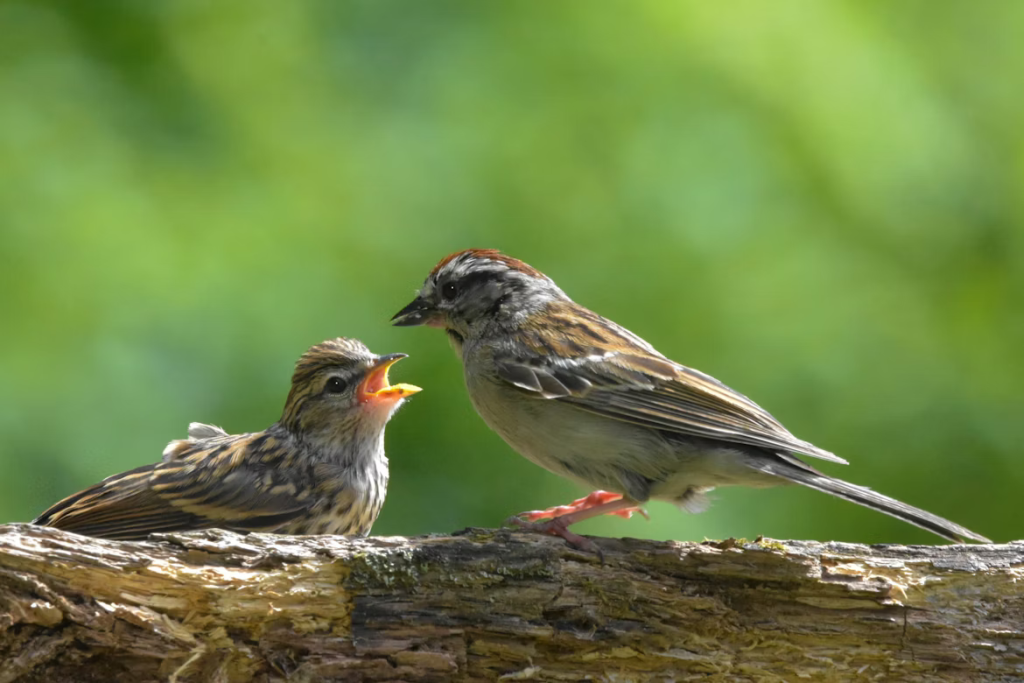
One theory traces back to basic survival. Before baby food existed, mothers fed infants like birds do today. They chewed food first, then passed it mouth-to-mouth to their babies. This created strong connections between lip contact and care. The behavior meant safety, food, and love. Over time, this feeding method could have evolved into the intimate bonding we see between romantic partners.
Read More: Couples Who Cook Together Have Happier, Sexier Relationships. Here’s Why
Evolution’s Compatibility Test

Another theory suggests that it serves as nature’s compatibility test. When we get this close to someone, we get close enough to smell and taste their unique genetic makeup. Studies show women find men’s scents “more pleasant when they differed in their immune systems”. This makes evolutionary sense because children born to parents with different immune systems are healthier and better at fighting diseases. It might be evolution’s way of helping us find the best genetic match for creating strong, healthy offspring.
From Hilarious to Life-changing at Every Age

Kissing means different things at different stages of life. Young children think it’s either hilarious or completely gross when they see adults doing it. Teenagers experience their first time as huge moments, usually awkward but incredibly intense emotionally. As adults, how we do it in relationships changes. Couples who keep doing it regularly say they’re happier together, but how often it happens and what it means often shifts over the years.
Read More: This is the Most Common Reason Why Couples Have Less or No Sex
New Research Questions About Relationships
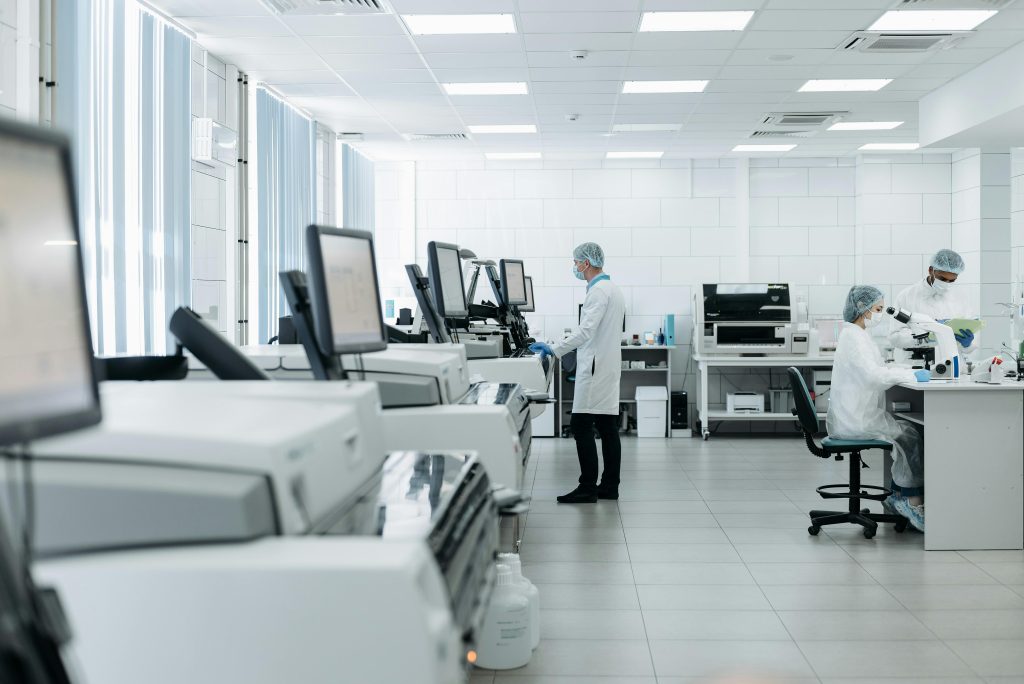
Researchers are now investigating new questions about this intimate behavior that could change how we understand relationships. Could we predict compatibility by studying how people do it? How do medications and hormones affect preferences? What role does it play in long-distance relationships and digital intimacy?
Technology Makes New Studies
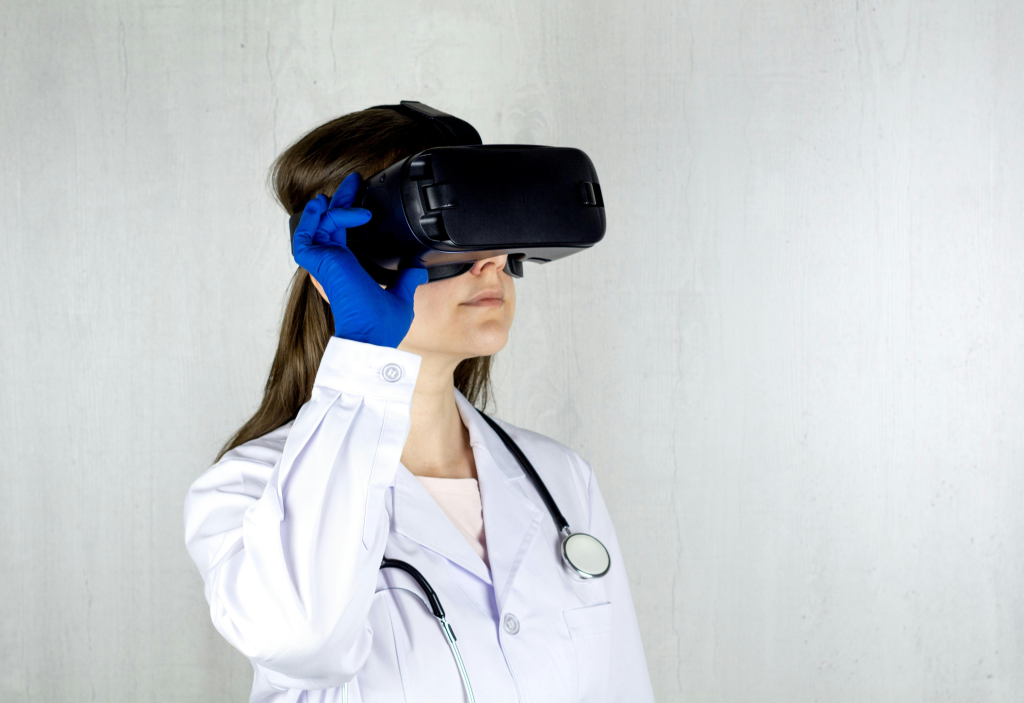
New technology is making these studies possible. Virtual reality simulators allow researchers to study this in controlled settings, while saliva analysis might explain the biology behind attraction. Brain imaging studies are capturing what happens inside couples’ minds during the act, showing patterns we never knew existed.
Millions of Years of Evolution
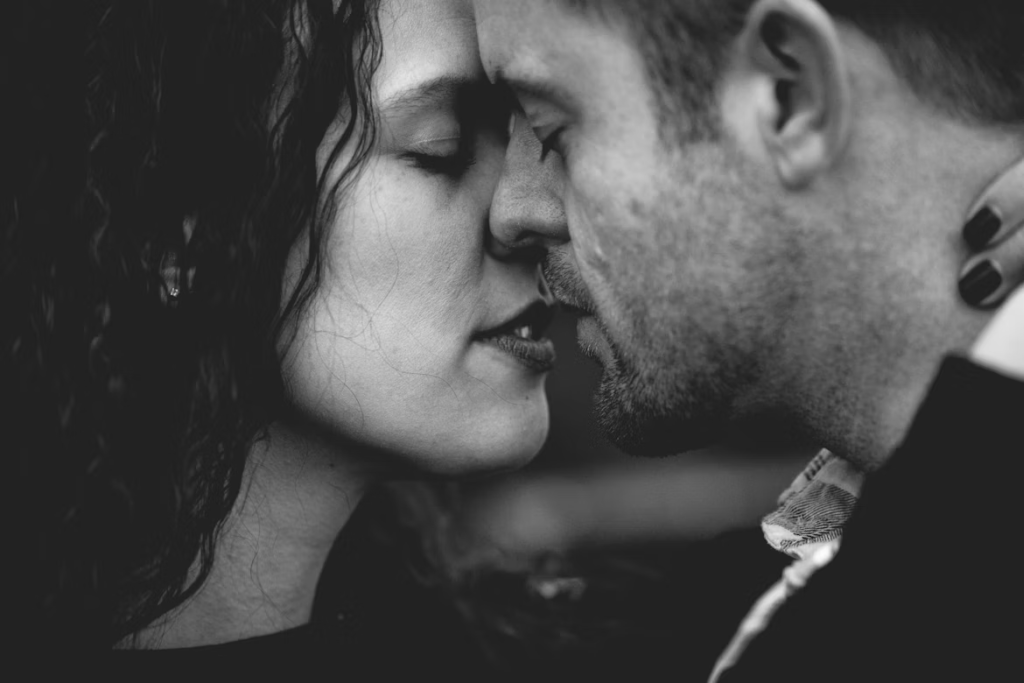
This behavior means far more than romance. But why do we kiss in the first place? It helps us choose healthy partners, strengthens relationships, and naturally relieves stress while boosting our immune systems. It shows us how our biology and psychology work together. A simple kiss contains millions of years of evolution, complex brain chemistry, and the foundation of human bonding. What seems like a simple gesture is actually one of our most complicated behaviors, connecting us to our past while building the relationships that shape our future.
Read More: The Real Reasons Men Stay in Relationships With Women They Don’t Love
